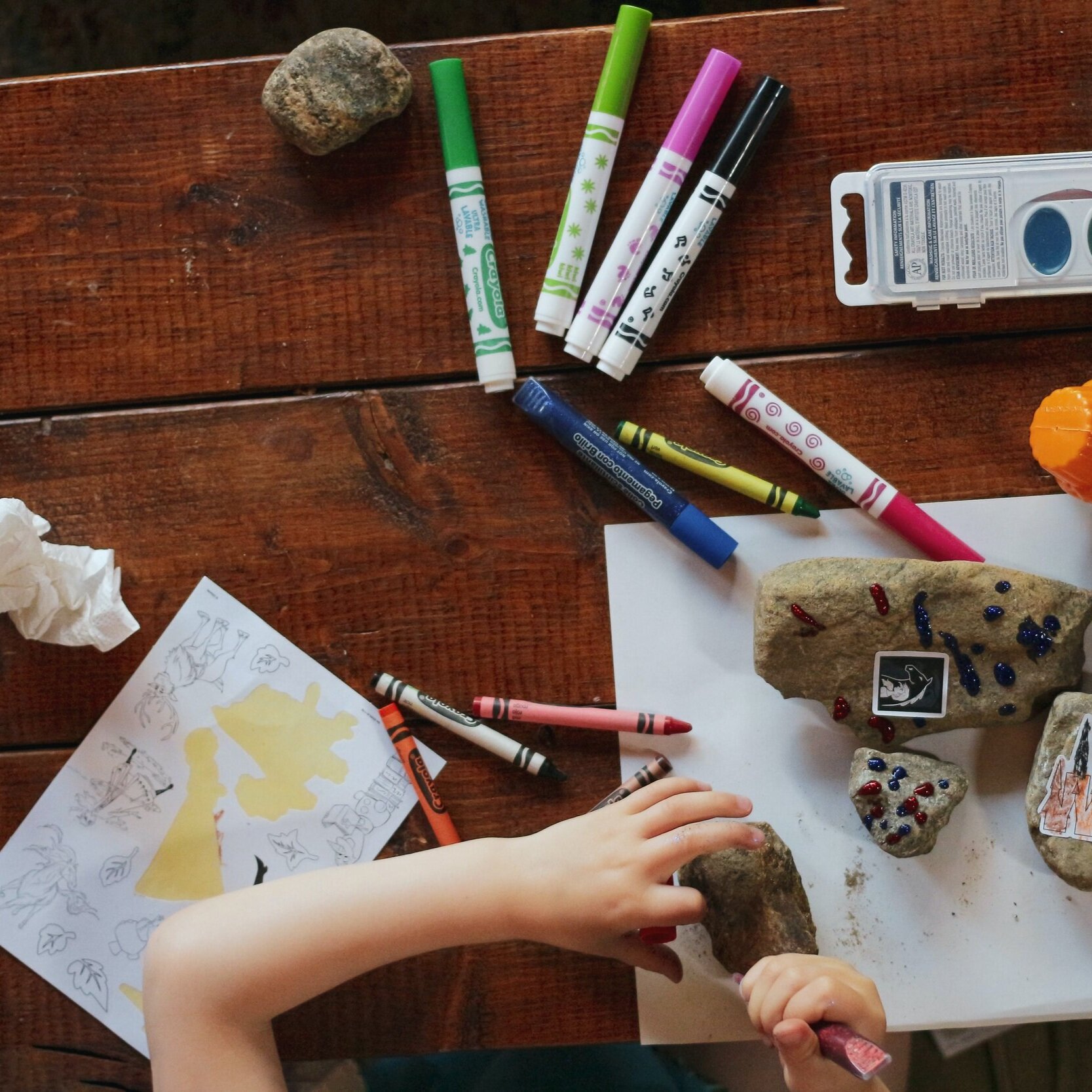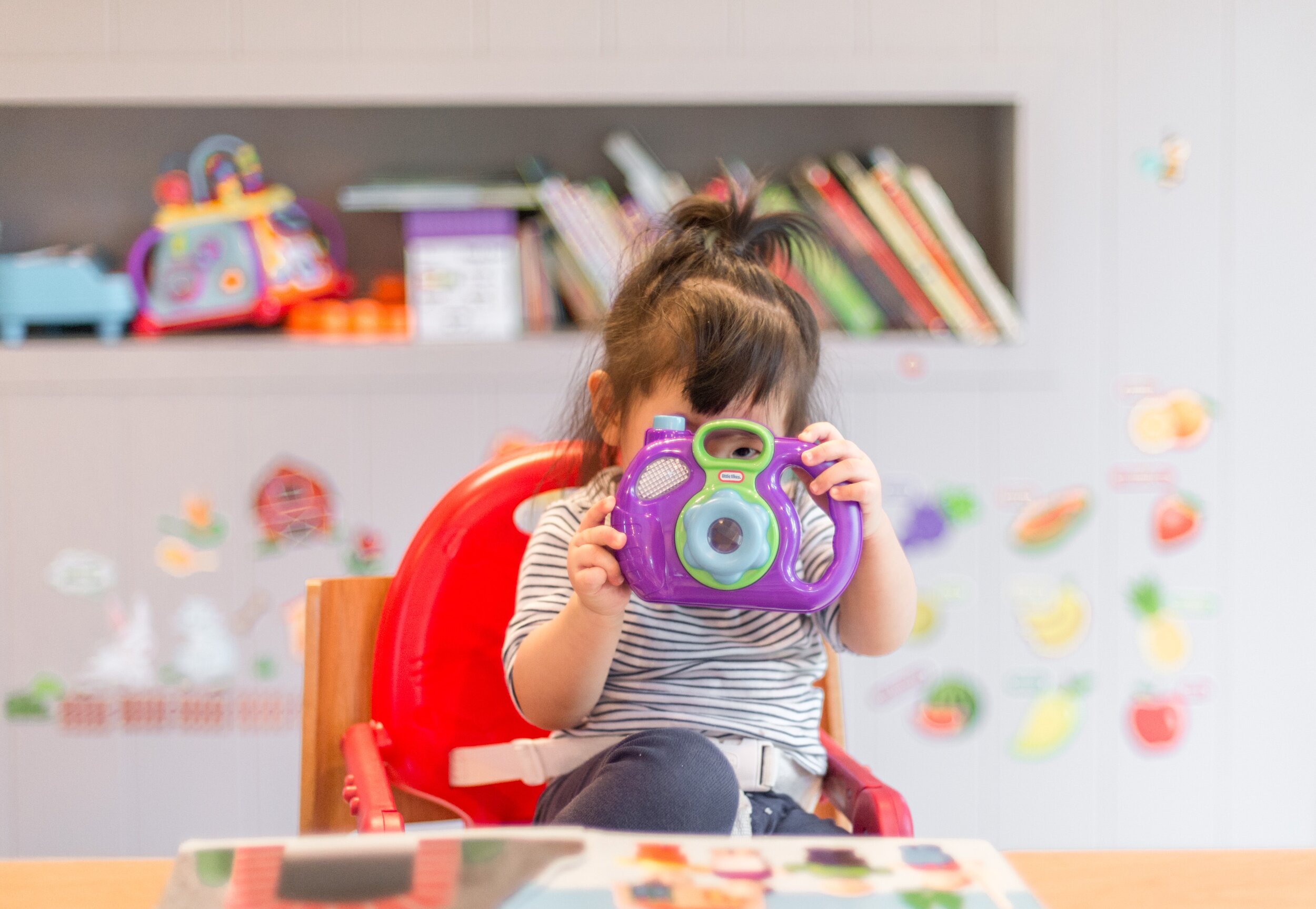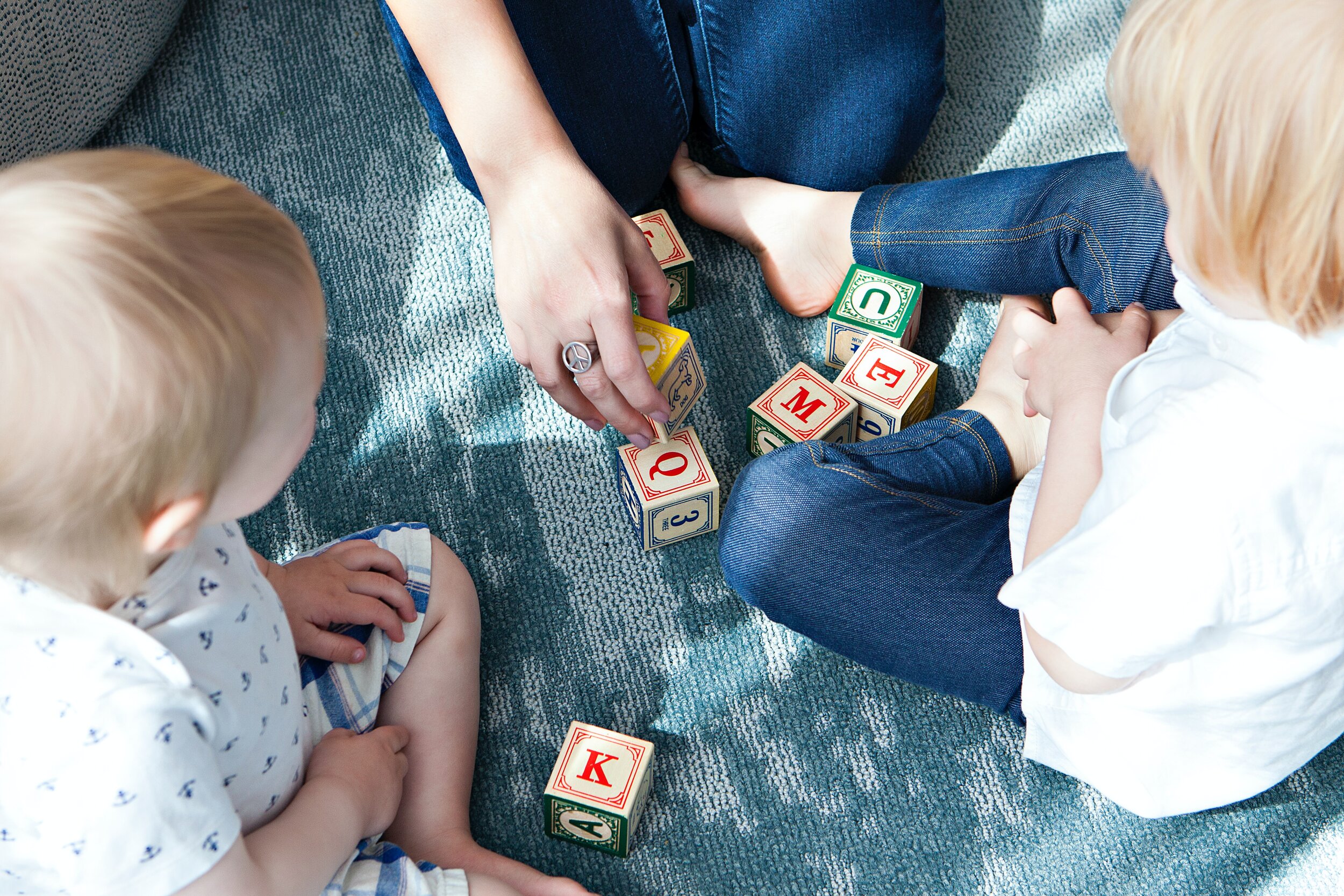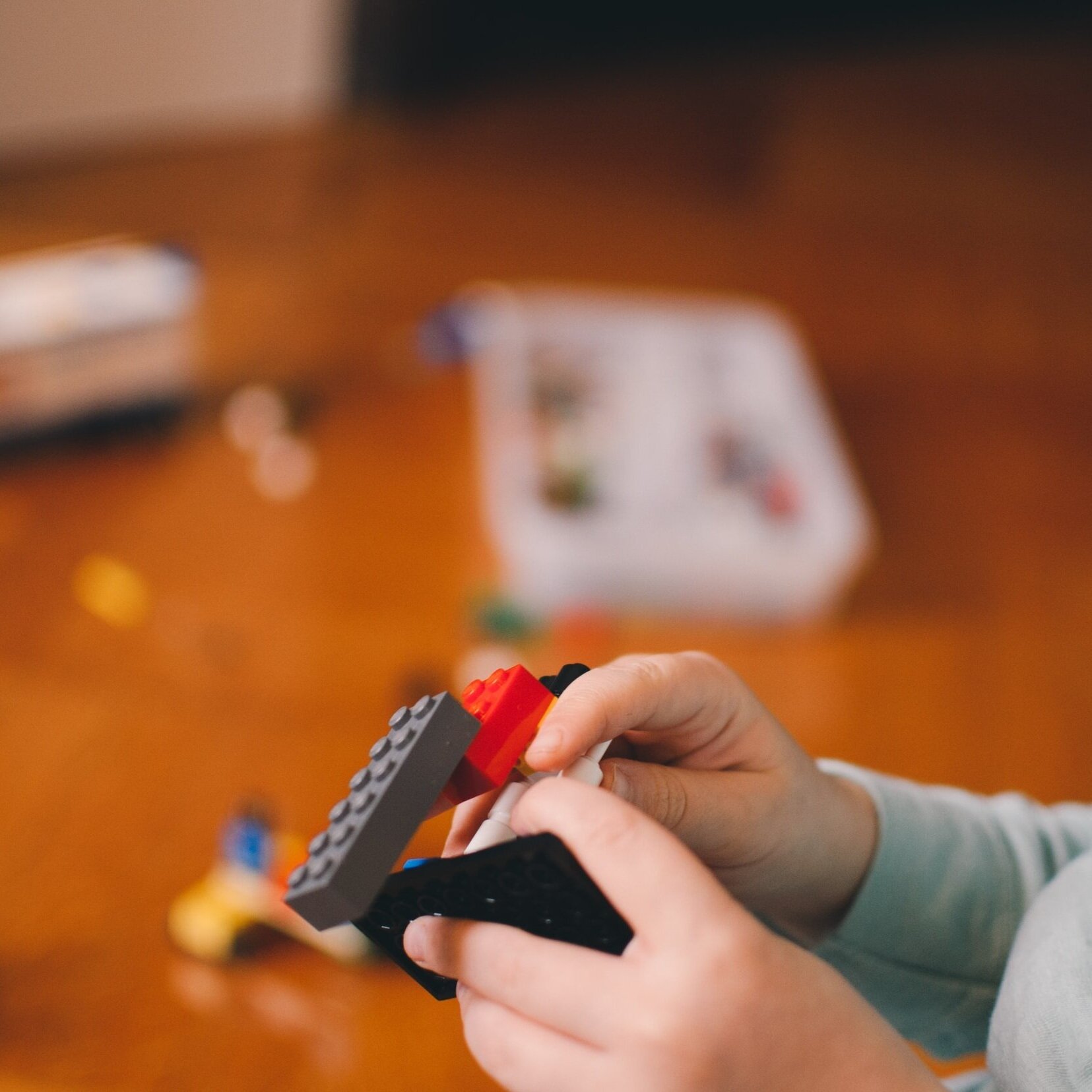PLAY THERAPY
Play therapy is a structured, theoretically based therapeutic approach that builds on the normal communicative and learning processes of children. The curative powers inherent in play are used in many ways. Therapists strategically utilize play therapy to help children express what is troubling them when they do not have the verbal language to express their thoughts and feelings. In play therapy, toys are like the child’s words and play is the child’s language.
Play therapy is that it creates a safe atmosphere in which children can express themselves, try new things, learn more about how the world works and the restrictions it imposes, and work through their problems. Play therapy gives children an opportunity to explore and open up more than usual.
We can understand our children better if we understand their play. By watching children play, we often learn more about their thoughts, feelings, motivations, and struggles than by talking with them! Play has been called the “language of childhood” and if we learn (or relearn) that language, we can build more satisfying relationships with our children Play is the primary way that children:
Learn about their world,
Understand how things work,
Express themselves,
Develop new physical skills,
Develop new mental skills, and
Develop social skills and bonds.
When children are experiencing adverse personal issues, they will often act out or engage in inappropriate behavior. Parents may be eager to help but may find it impossible to offer effective aid if the child is unable or unwilling to discuss the problem. Play Therapy is thought to be one of the most beneficial means of helping children who are experiencing emotional or behavioral challenges.
Playfulness and humor are closely associated with mental health, intellectual development, creativity, and problem-solving, and even productivity on the job! Although we sometimes think of play as trivial, in actuality it is one of the strongest supports for healthy adjustment, learning, and productive activity.
Address symptoms:
Depression
Anxiety
Anger Outbursts
Poor Academic Performance
ADHD
Oppositional Defiant Behavior
Obsessive-Compulsive Behavior
Trauma
Abuse
Behavioral Issues
Grief and Loss
Poor Social Skills
Bullying
Low Self-Esteem
Low Motivation
Adoption
Abandonment Issues
Parent's Divorce/ Separation
Benefits of Play Therapy:
Help children learn more adaptive behaviors.
Provides a corrective emotional experience necessary for healing
Promotes cognitive development
Provides insight about and resolution of inner conflicts or dysfunctional thinking in the child
Healing from trauma, loss, and/or grief experiences
Increased Self-Esteem
Anger Management Skills
Problem Solving Skills
Improve Social Skills
Healthy Coping Skills
Increases Emotional Intelligence
Improve Academic Performance
Improve Family Relationships
Decrease Behavioral Issues
Learn Parenting Skills




